When Fairuz stepped up on the mythical Olympia stage on May 3rd, 1979, it felt like a dream. For many reasons. There was her ethereal voice, which filled the place in an instant; her bright blue dress; her eyes, which pierced the crowd; and her husband, who conducted her orchestra for the last time in his career.
But it was the opening line of her concert that set this fairytale evening in stone: “Paris, the flower of freedom and golden history. Oh, Paris! Lebanon sends you, through my heart, peace and love.”
This was a solemn moment, and the crowd felt it.
In November 1967, a decade earlier, Oum Kalthoum, Egypt’s Fourth Pyramid, graced that very Parisian stage with the first and last concert she would perform outside the Arab world.
When the announcement was made, no one in Paris could believe that she would actually make the trip to France, let alone perform.
“It must be a prank,” thought fans of the diva. I
t was only when Oum Kalthoum arrived at Paris’s Bourget airport and appeared on French television that tickets began to sell like hot cakes.
These two extraordinary artists have given countless performances. Yet it is the Paris shows that are most notable in their careers.
“These dates are significant in terms of their individual careers and personal lives,” Lamia Ziadé, a French-Lebanese illustrator and author of the graphic novel “Ô Nuit, ô mes yeux”, which retraces cultural Arab scenes from the 19th century, explained. “These are not just musical performances; they represent momentous historical events.”

Both artists played a part in the mythology surrounding this legendary place. Many anecdotes have emerged from these performances. Legend has it that a Saudi man pointed a gun at a ticket office employee to obtain a ticket for Oum Kalthoum’s Paris concerts, the longest ever hosted by the Olympia.
Eventually, the theater added a chair for him at the end of a row.
To fully appreciate these performances, it is helpful to understand the history of this venue. Although smaller than an arena, L’Olympia is Paris’s oldest operating music hall. Its distinctive red-lettered façade can be seen from far away and shines throughout the night. Performing at this venue is a genuine career milestone for any artist trying to make it in France. It is more significant than performing in a 14,000-capacity arena. Behind the scenes, one man worked tirelessly to make this venue the legendary place it is today.
The architect of this popularity was Bruno Coquatrix, who was the director of L’Olympia from 1954 to 1979.
“He knew what the audience wanted to see. He collaborated closely with radio programmers and artistic directors at record companies,” exhibition curator Mario Choueiry at the Institut du Monde Arabe comments. “He made sure to book well-known artists, ranging from international acts such as the Beatles, the Rolling Stones, and Nina Simone, to French icons like Johnny Hallyday.”
Bruno Coquatrix was always trying to discover new talent to produce. During a trip to Egypt in 1966, the Minister of Cultural Affairs introduced him to Oum Kalthoum, whom he thought was a belly dancer. He quickly realized who she was.
“I must say that I was completely wrong about her, from start to finish,” Bruno Coquatrix admitted during an interview in November 1967.
Ultimately, there was only one place Fairuz and Oum Kalthoum could perform in the City of Love. One place that holds in itself as much passion and myth, that embodies the greatness of their talent. Bruno Coquatrix made sure of it. But why have these shows left such a mark on posterity? These concerts are remembered because they took place at a significant historical moment.
For Fairuz’s audience, the opportunity to hear the diva’s crystal-clear voice in 1979 was an unexpected treat.
“Civil war had been raging in Lebanon for four years. She had decided to stop performing in her country so as not to be exploited by either side,” Lamia Ziadé recalls. “This concert marks her return, and what a moving one it is.”
In the theater, the audience was in tears. That night, she performed for the first time, the anthem of her beloved homeland, “Bahebak Ya Lebnan” (‘I Love You, Lebanon’). For the Lebanese diaspora present at the event, seeing Fairuz, their long-standing source of inspiration, on stage is a rare opportunity. She became a beam of light in the darkness. Later that year, a vinyl record was pressed to preserve this fleeting recital.
“Even today, I can’t listen to this album without getting teary-eyed,” Lamia Ziadé confides.
In November 1967, when Oum Kalthoum set foot on that legendary stage in front of an international audience, she knew how significant this performance would be. Earlier that year, Egypt, Syria, Lebanon, Iraq, and Jordan had suffered a humiliating and unexpected defeat at the hands of Israel in what would become known as the Six-Day War. For Egypt and its most famous ambassador, Oum Kalthoum, this defeat was particularly hard to accept.
In an attempt to replenish the state coffers, she embarked on a world tour, donating all proceeds to the country’s army. That night, when she sang the first notes of the poignant “Al Altal” (The Ruins), the solemnity of the moment was truly grasped by everyone at L’Olympia. Was she singing about a long-lost love or a country in mourning?
“She revived Arab pride after this humiliating defeat. She offered a rare moment of communion that evening. That is why her concert has gone down in history,” Lamia Ziadé adds.
That’s why Wassim Ben Mahmoud attended the show. In a documentary about the two concerts in Paris, he explained that ‘the stakes went far beyond the musical aspect’.
“I really felt something very powerful. There was a real sense of unity among all these Arabs in Paris, who were rediscovering a sense of dignity and unity in the face of this trauma.”
Bruno Coquatrix died a few weeks before he was due to see Fairuz perform. Did he realise the significance of what he was doing when he booked them both? “Probably not; he didn’t know them personally,” says Chouiery.
Yet, since these two divas have graced that very stage, many MENA artists have performed in this mystical venue. Among them are another diva, from Algeria, Warda El Djazaïra, Elissa, and even Ragheb Alama. The history of Olympia and Paris will forever be linked to these immortal divas.

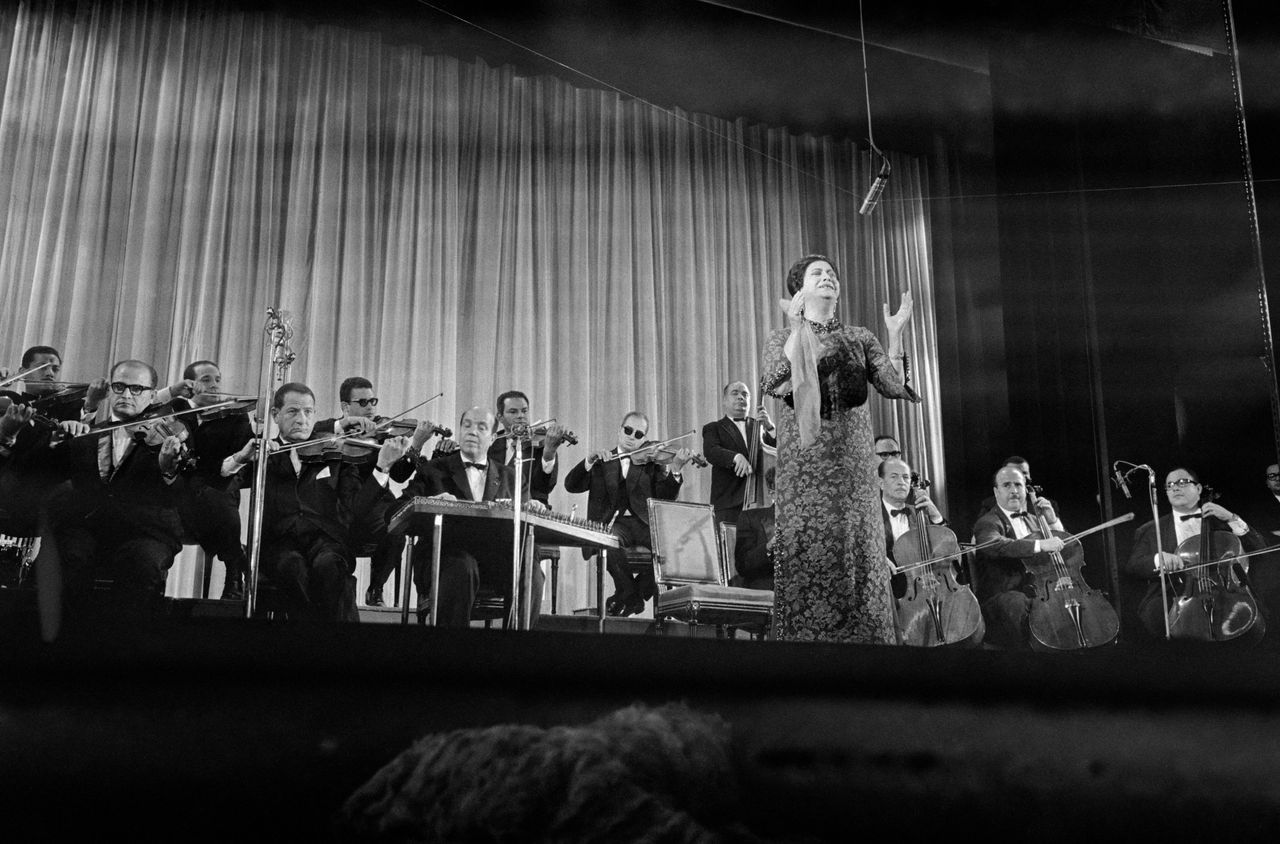




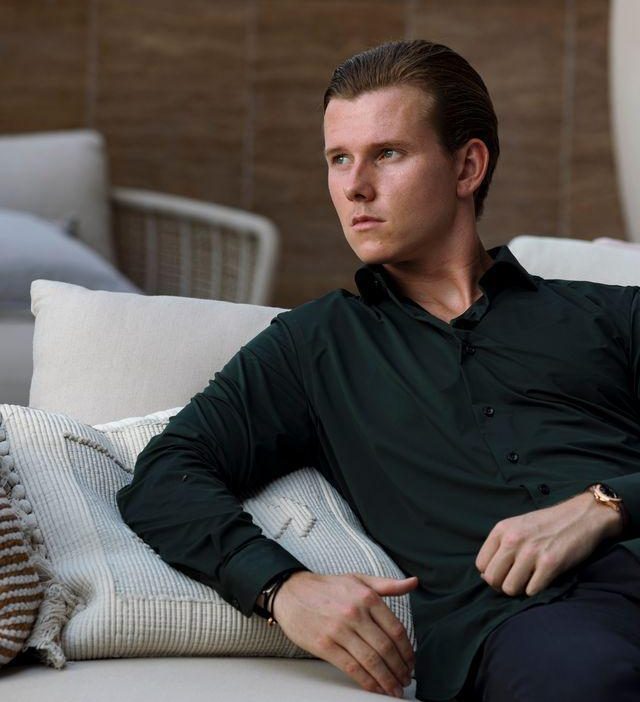

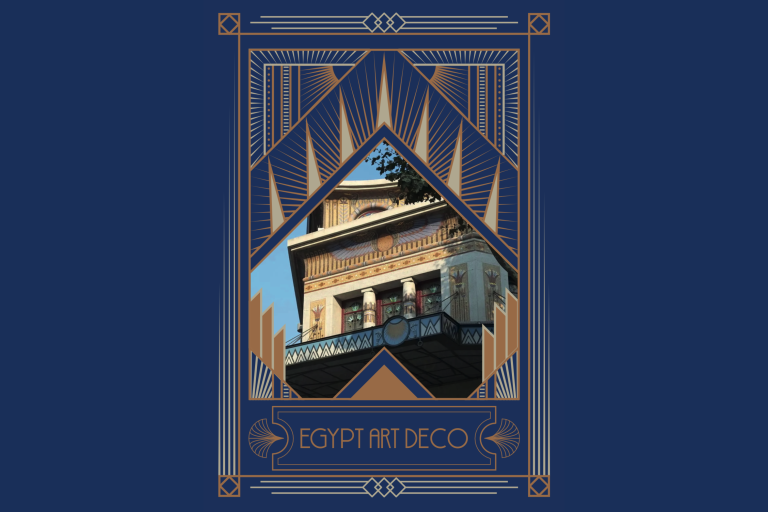
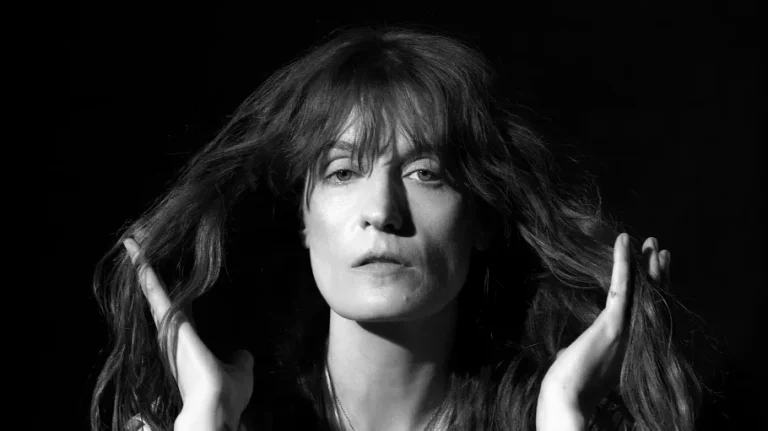
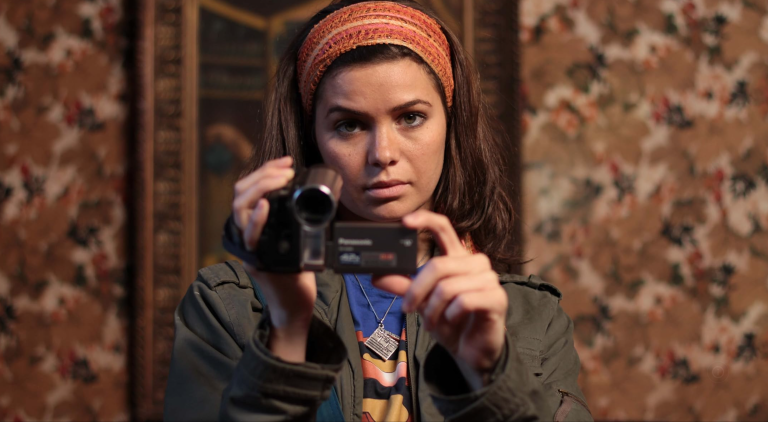



Trump’s Gaza Plan Mustn’t Follow His Record on Women’s Rights
Trump’s 20-points Gaza peace plan shouldn’t repeat his domestic failures on women’s health, education, and rights.